10 Essential Oils That Go Better Together

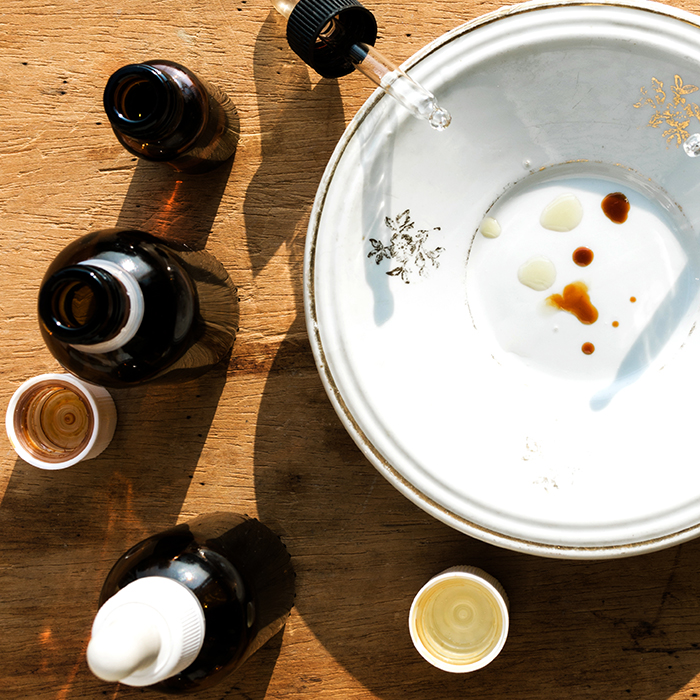
Gone are the days when essential oils were reserved for the DIY-crazy, granola-leaning crowd. Given the substantial scientific research to back up their efficacy for all manner of issues from anxiety to sleep to skincare, it's time to start including these potent plant concentrates in your routine if you aren't already.
But while the impressive healing qualities of certain essential oils are well noted (here's looking at you, lavender), combining different oils together is a great way to up their potency and personalize them to your particular needs. In other words, why just address poor sleep hygiene when you can also tackle stress at the same time—especially if the two issues are likely related?
With that in mind, we're offering five easy blends that even essential-oil newbies can get behind. From a DIY toner to the congestion-fighting formula you should definitely keep on hand this cold season, keep scrolling to see our go-to mixtures.
Before you blend
There are a few cardinal rules of essential-oil usage to keep in mind. For starters, essential oils are natural but incredibly powerful—the plant extracts are so concentrated that they can cause irritation if applied directly to your skin. The easiest way to dilute your blend is with a neutral-smelling carrier oil like jojoba or sweet almond oil. (For proportions, a good rule of thumb is six drops of essential oil per ounce of carrier oil, but you can also play around according to personal preference.)
For a solid night's sleep:
Lavender + Bergamot
Lavender's acute ability to lower cortisol levels and improve sleep quality is well documented, and bergamot shares many of these properties. Plus, the earthy floral notes of lavender pair beautifully with the bright citrus scent of bergamot. Dab a few drops of the blend onto your pillow and breathe deep.
To clear up congestion:
Peppermint + Eucalyptus
Consider this your DIY alternative to Vicks. Breathing in the scent of eucalyptus is shown to improve many respiratory conditions and boost your body's immune response too. The menthol in peppermint oil is similarly effective as a natural decongestant and anti-inflammatory. Hold your blend just underneath your nose or rub it on your chest to breathe easier.
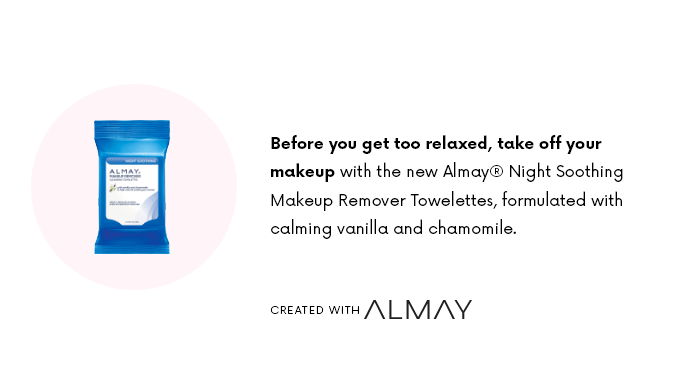
For acne:
Tea tree + clary sage
Swipe this blemish-busting recipe from Adina Grigore, the essential-oil and natural skincare guru behind cult-fave brand S.W. Basics. "Combine one ounce jojoba oil, four to eight drops tea tree oil, and four to eight drops clary sage oil," she says. "Use less of the essential oil if you're new to them or super sensitive. Shake well before using it, and apply it on top of or instead of moisturizer."
Because both of these essential oils are natural antimicrobials and anti-inflammatories, they'll zap the bacteria in the blemish, dry it up, and soothe the skin around it in one go.
To replace your toner:
Rose geranium + sweet orange
Our next blend comes courtesy of Susan Griffin-Black, co-founder of EO—she recommends mixing three drops each of rose geranium and sweet orange oils with one ounce of witch hazel solution (or distilled water). Both essential oils are shown to reduce inflammation, redness, and discoloration. "Apply to clean skin with a cotton ball, then rinse, pat dry, and enjoy clean, clear skin," she says.
To focus:
Rosemary + lemon
Bookmark this for the next time you hit a wall at the office: Rosemary and lemon are both energizing scents that help hit the "reboot" button on your brain. In fact, scientists recently discovered that sniffing rosemary can help increase your memory by up to 75%.
For that matter, do yourself a favor and keep all these blends stashed away in your bag so that you're ready to tackle any and every scenario.
Next up: Dietitians share the best teas for weight loss.
Disclaimer
This article is provided for informational purposes only and is not intended to be used in the place of advice of your physician or other medical professionals. You should always consult with your doctor or healthcare provider first with any health-related questions.
-
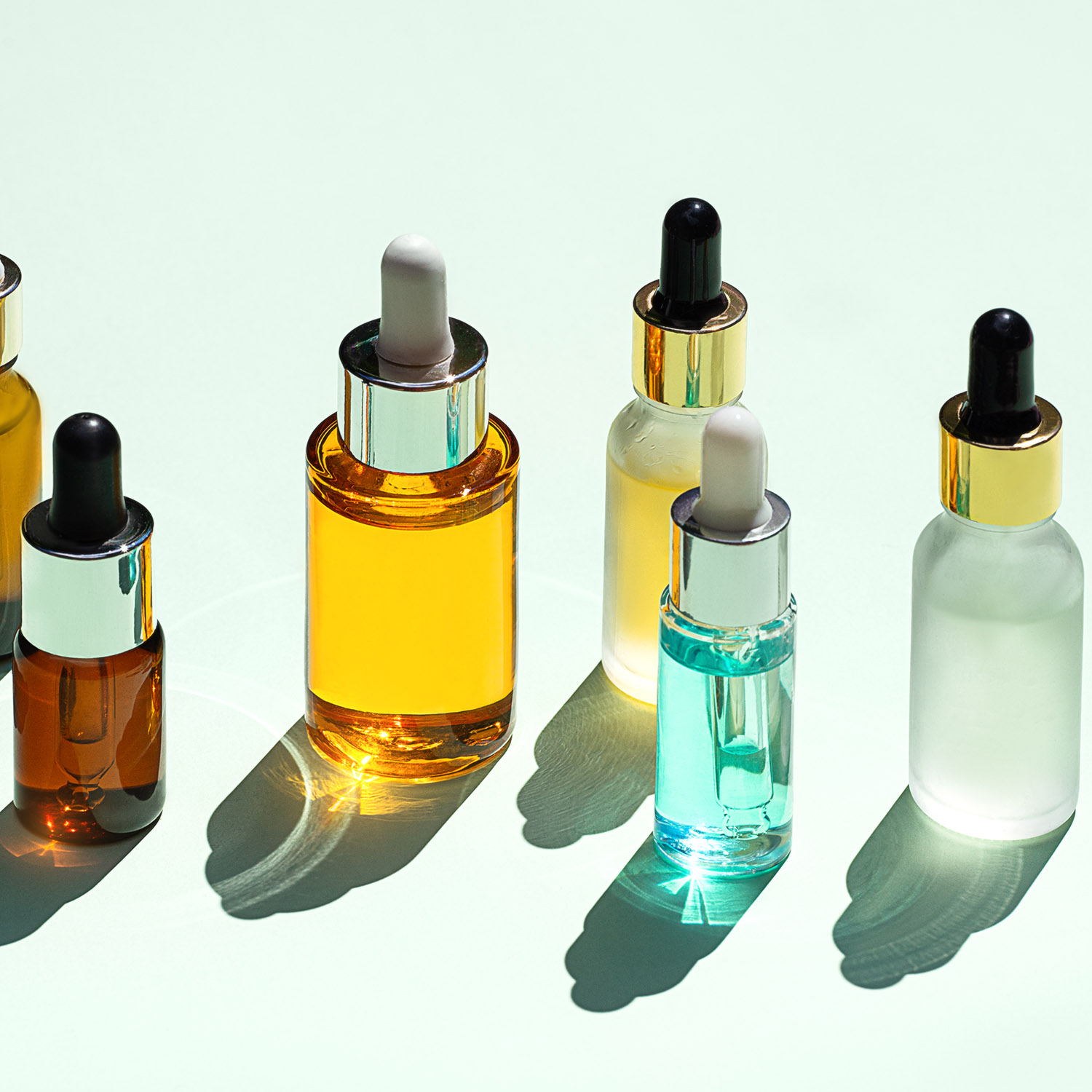 6 Essential Oils That Will Heal Your Painful Sunburns
6 Essential Oils That Will Heal Your Painful SunburnsAll-natural relief ahead.
By Samantha Parsons
-
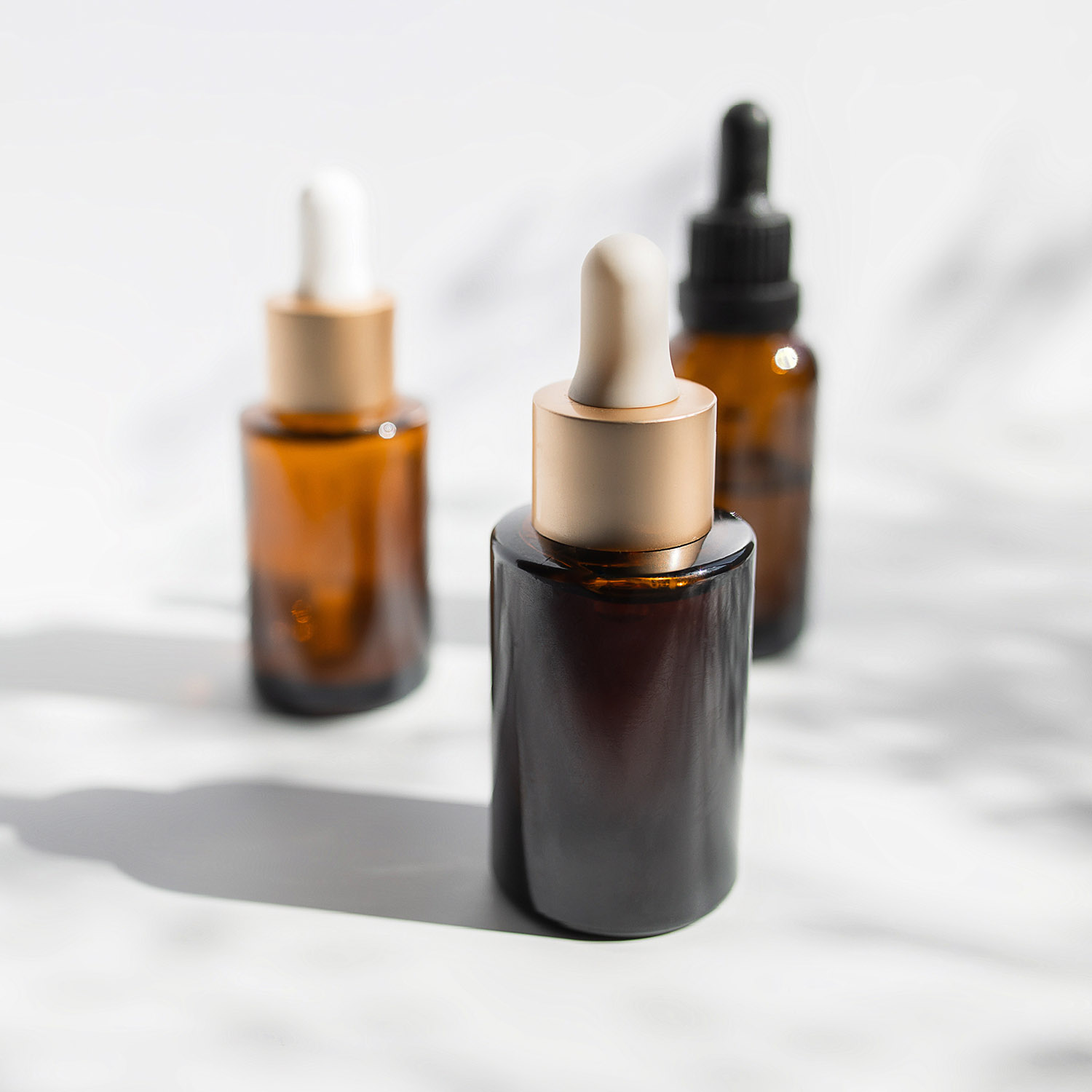 These Essential Oils Will Relieve Your Stress ASAP
These Essential Oils Will Relieve Your Stress ASAPBreathe in. Breathe out.
By Sarah Yang
-
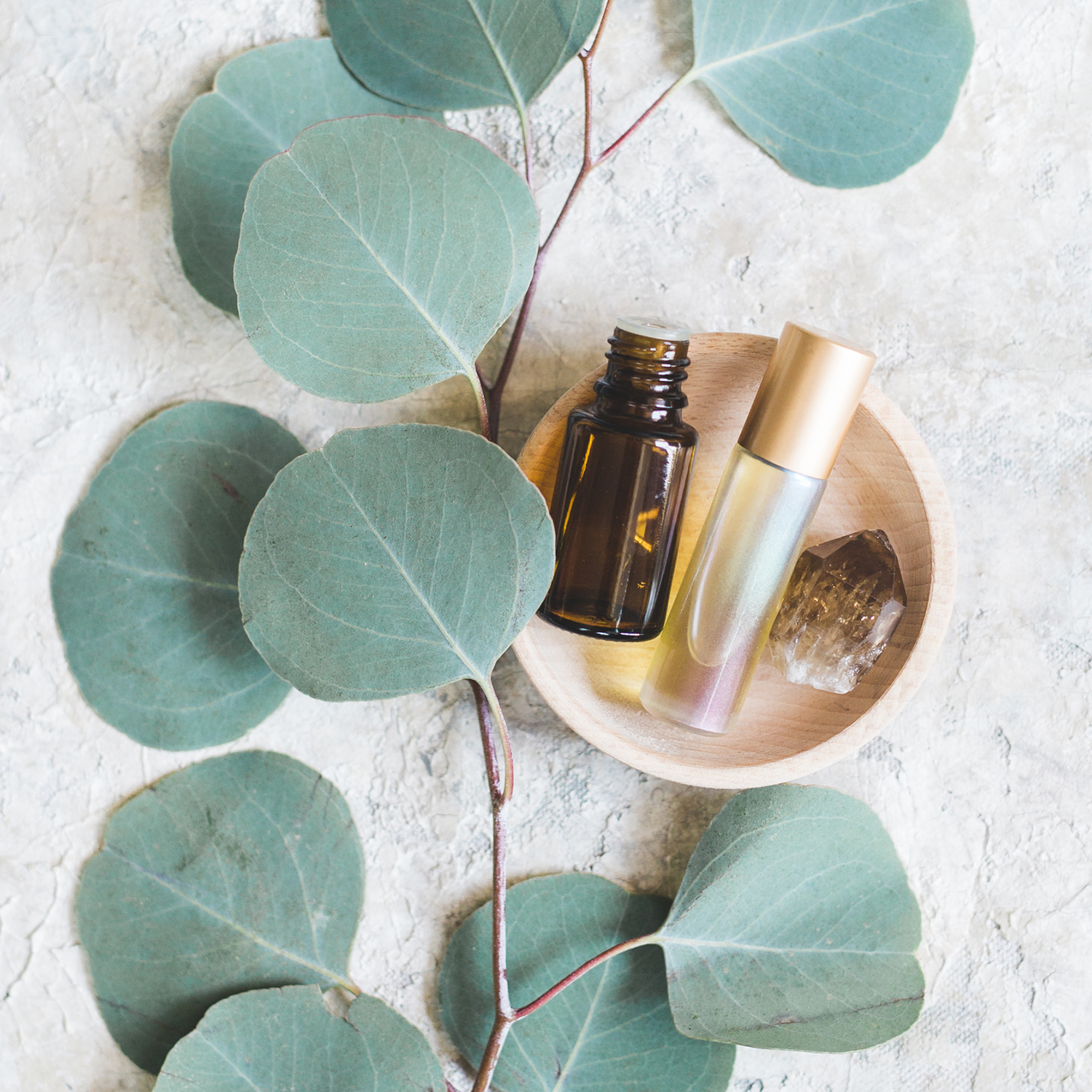 If You're Going to Start Using Essential Oils, This Is the Most Versatile One
If You're Going to Start Using Essential Oils, This Is the Most Versatile OneIt has so many uses.
By Sarah Yang
-
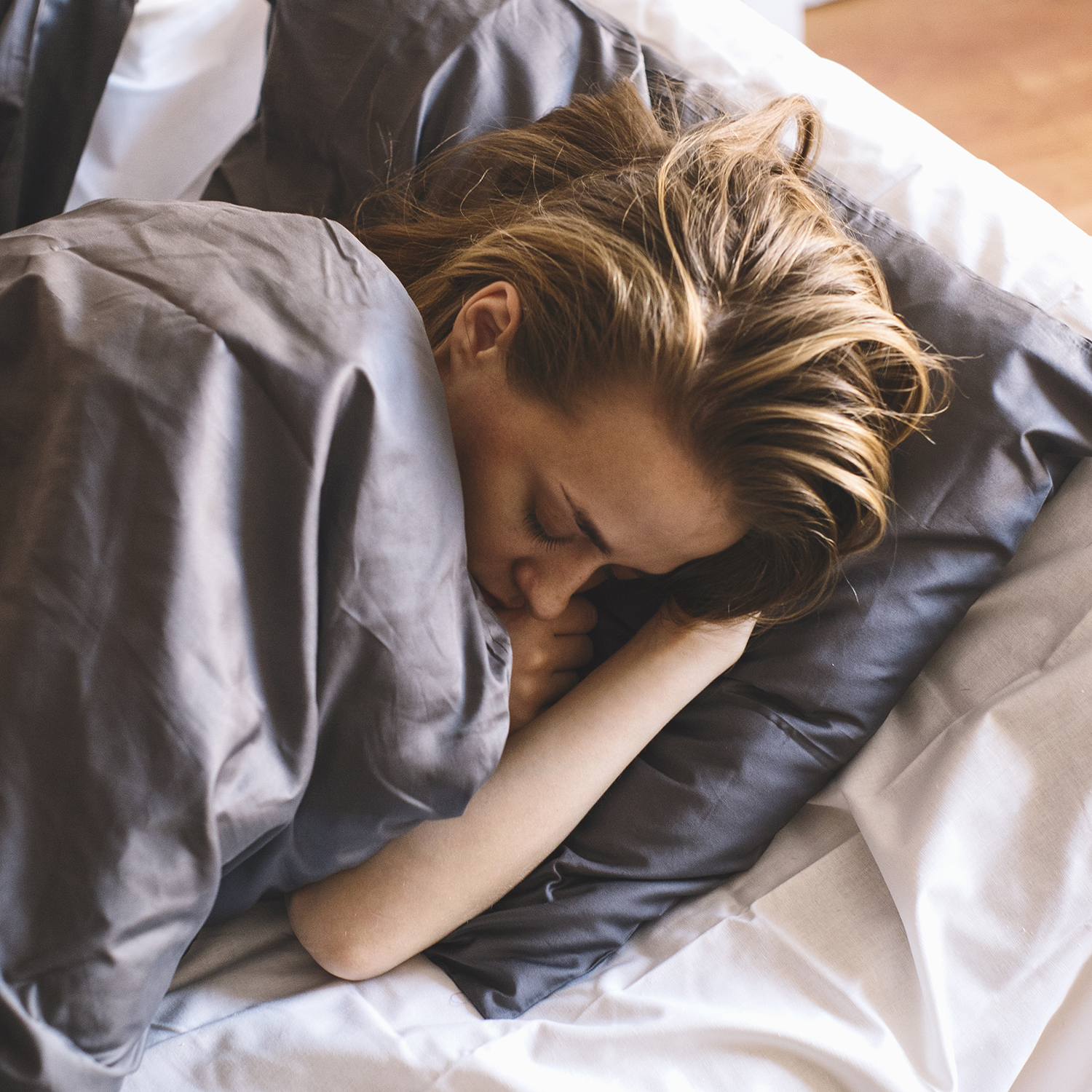 This Is the Trick to Try the Next Time You Have a Headache
This Is the Trick to Try the Next Time You Have a HeadacheSoothe that tension.
By Sarah Yang
-
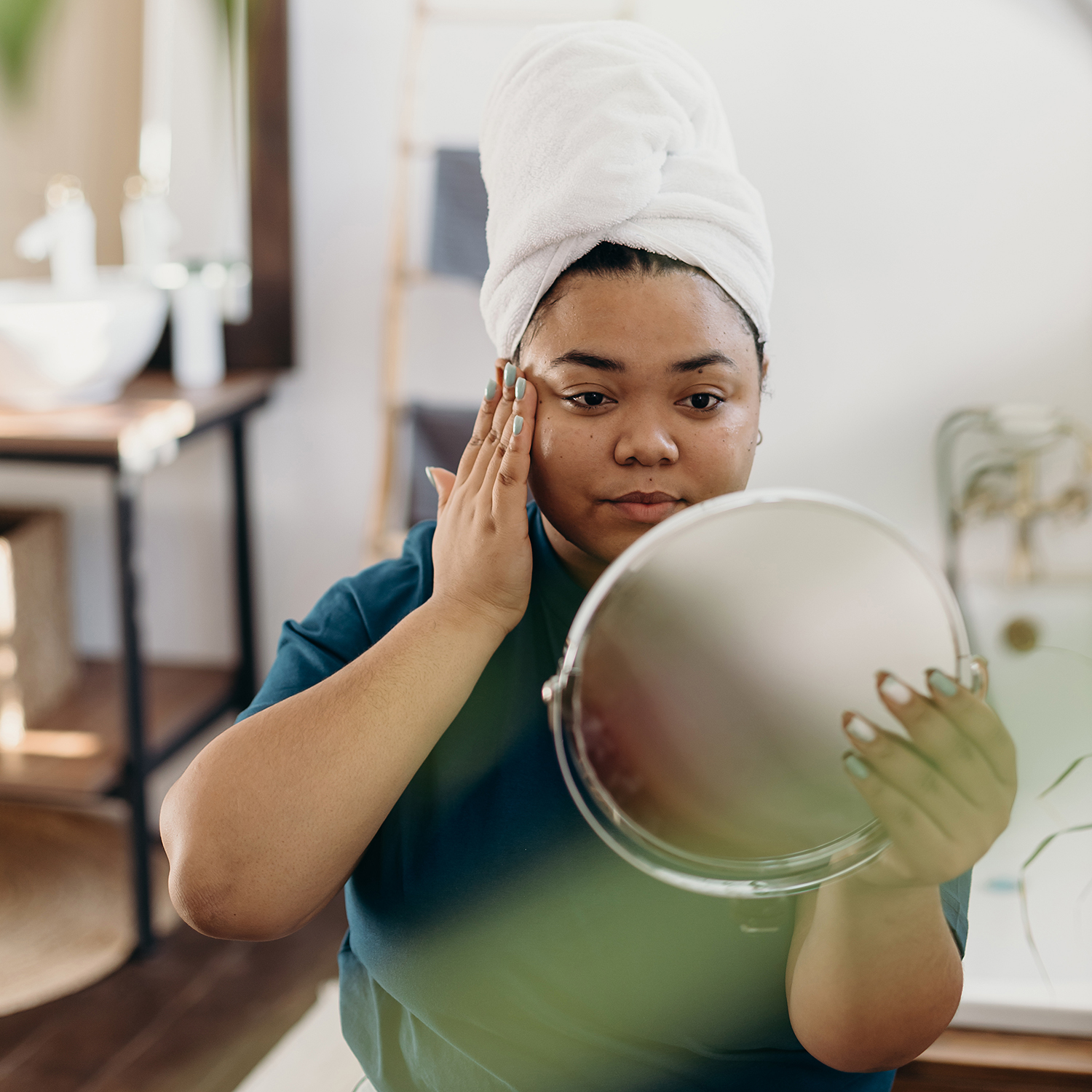 The 8 Essential Oils That Will Give You Flawless Skin
The 8 Essential Oils That Will Give You Flawless SkinSomething for every skin type.
By Caroline Dweck
-
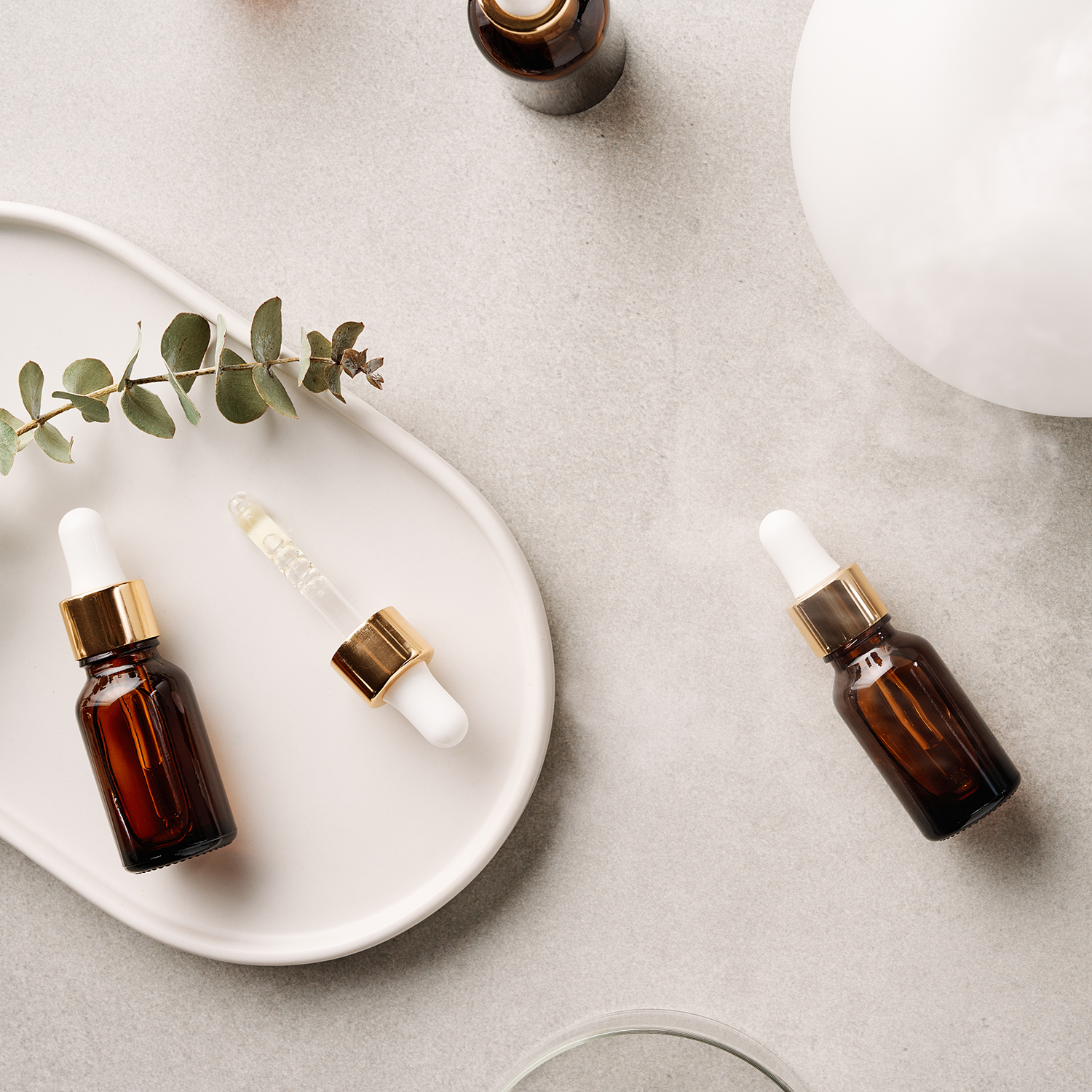 The Best Essential Oils to Stock Up on for Anxiety Relief
The Best Essential Oils to Stock Up on for Anxiety ReliefThese have powerful soothing properties.
By Sarah Yang
-
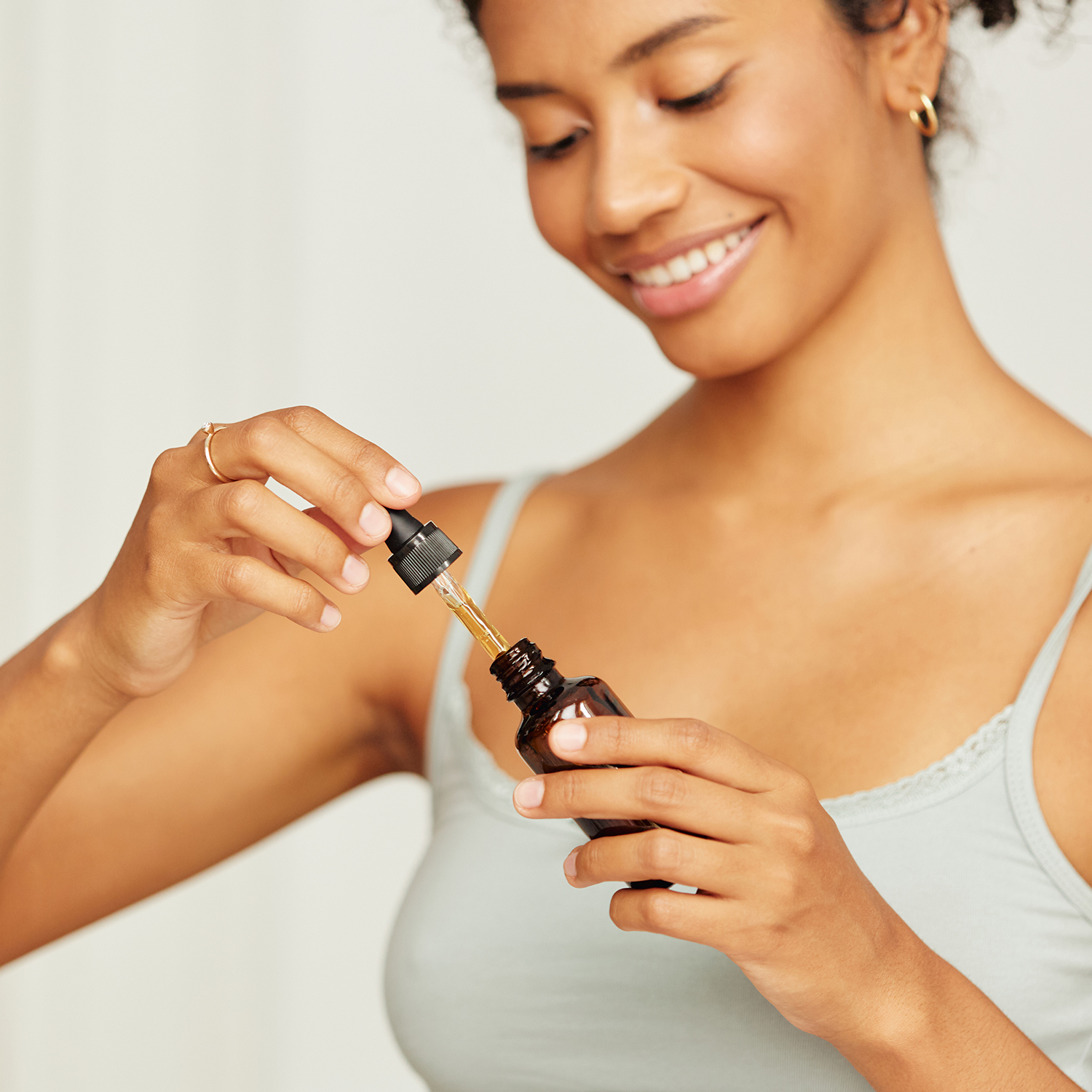 10 Skin-Tightening Essential Oils That Are Like Nature's Botox
10 Skin-Tightening Essential Oils That Are Like Nature's BotoxGive your skin a boost.
By Caroline Dweck
-
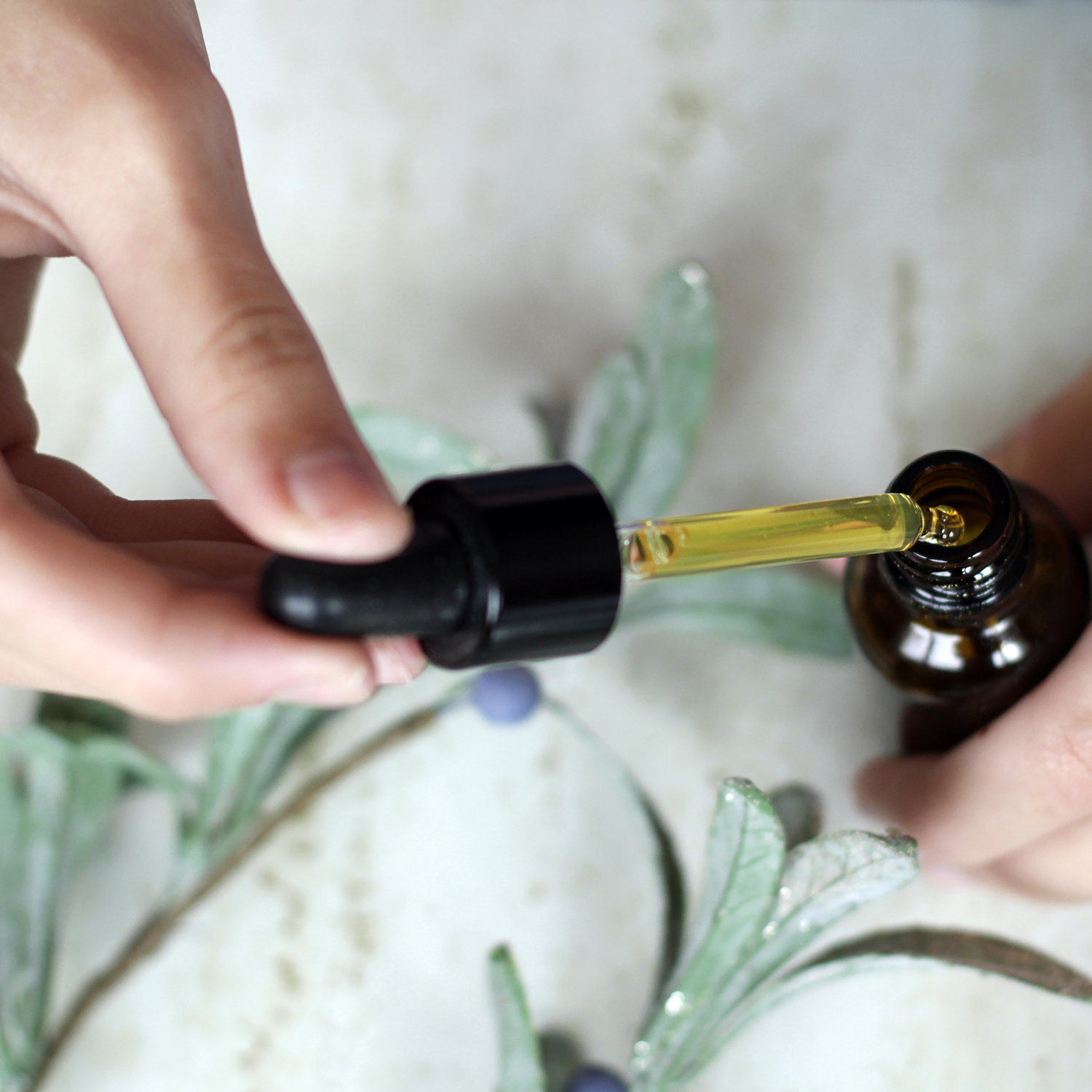 6 Essential Oils That Can Help You Deal With Nausea
6 Essential Oils That Can Help You Deal With NauseaPlus, how to use them.
By Sarah Yang

